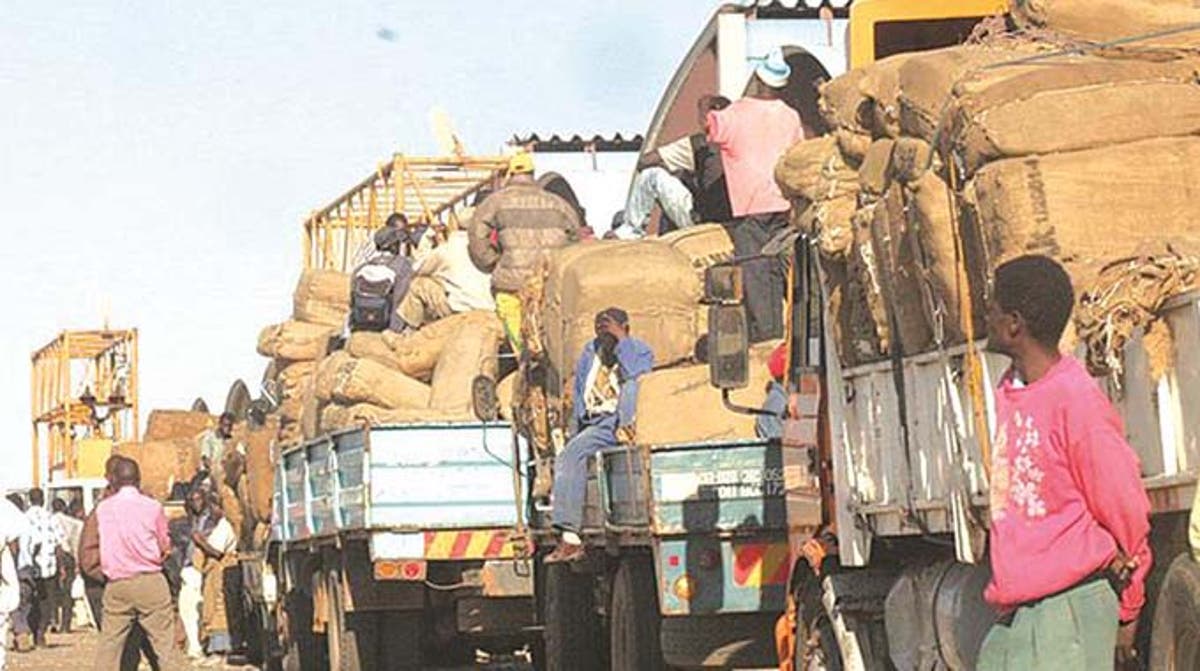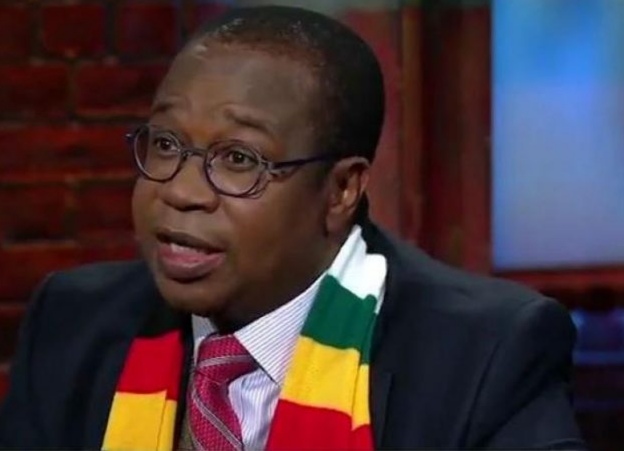Minister Ncube heeds calls to review tax measures
FINANCE, Economic Development and Invest Promotion Minister, Professor Mthuli Ncube has reviewed some of the tax measures he proposed when he presented the 2024 National Budget last month.
Stakeholders from a cross-section of society including business leaders, lawmakers and ordinary citizens implored the Treasury chief to relook some of his tax proposals including the wealth tax, tollgate and passport fees, and sugar tax.
The Treasury chief had argued the tax measures were part of measures to cushion the poor, such as raising minimum tax thresholds and raising enough fiscal revenue to support key programmes.
The various tax policies Minister Ncube proposed for introduction via the 2024 National Budget Statement were presented on November 30, 2023.
Although the minister has reviewed some of the revenue proposals, some business leaders said their multiplicity remained a burden on already stretched citizens and companies operating in the country.
They also noted the minister had not addressed some of the distortionary factors that have reduced the Government’s revenue inflows, promoting the slew of tax measures in the 2024 national budget.
Addressing parliamentarians last week Minister Ncube said some of the proposals in the national expenditure plan had been fine-tuned.
Among the contested tax proposals was the sugar tax, also known as a soda tax, which is a government-imposed tax on sugary beverages.
The sugar tax is designed to reduce the consumption of sugary drinks, particularly among young people, to combat the associated health problems such as obesity, diabetes, and tooth decay.
Sugar taxes have been implemented in various countries around the world, including Mexico, the United Kingdom, and several cities in the United States.
The effectiveness of these taxes in reducing sugar consumption and improving public health is still a topic of debate, and research on their long-term impact is ongoing.
Minister Ncube said his focus when proposing the sugar tax was to create a cancer fund to deal with challenges posed by various sugar-related diseases.
“We need this sugar tax to pay for some of these critical infrastructure and drugs. I must say that the original two cents, actually was a mistake, we made a mistake in that calculation, and those are the facts.
“It should be 0,2 percent, which means that if you have got a can of coca cola, if it is 300ml, it has got about 135 grams of sugar in it, so 0.2 cents, that means an extra seven cents on that can of coca cola, that is what it translates to, let us support this cancer fund effort,” said Minister Ncube.
He increased the wealth tax threshold to US$ 250 000 per house from the initially proposed US$ 100,000.
Age-wise the exemption was cut to citizens aged 65 from 70 years as announced at first.
“It is just that when we announce these things sometimes we use a broad brush but we already had this in mind to make these adjustments when we come to this Statute and make it clear, so the primary resident is secluded.
“I am proposing a new threshold of US$250 000,” said the Minister.
He said the wealth tax chargeable in terms of Section 36 of the Taxes Act shall be calculated at the rate of one percent of the value of a dwelling other than the principal private residence.
He, however, proposed a wealth limit of US$50 000.
“No one should pay more than US$ 50,000 per annum. That pertains to a property of about US$5 million. In other words, if you have a property worth that value and beyond, really you should not be paying more than that, there should be a cap somewhere.”
On the issue of passports, the Minister said the Government had settled to peg the price at US$250 as the formally proposed price was too exorbitant for the general public.
“Someone proposed that rather than US$120 for an ordinary passport, let us make it US$150. It is a proposal, but for the express passport, the 24-hour passport, anyone who needs it urgently is often those who can afford it.
“But that one should be US$250 and I think it is okay,” he said.
The minister reduced the proposed rate of toll fees increase from 100 to 50 percent. This means that a US$2 tollgate now costs US$3 against the 4 dollars that was initially proposed in the budget.
“We are proposing that rather than increasing the basic toll fee by 100 percent, I am now proposing that we increase it only by 50 percent.
“We have lowered the increase. The same applies to the premium roads, again I am not proposing the full amount but only half of that. I also listened to a comment that perhaps tollgates that are closer to the city should have lower toll fees than elsewhere. We will look into this,” said Ncube.
Minister Ncube indicated that consultations from members of the parliament and the public had reminded him to stick to and align the budget to the Abuja target of 15 percent of the budget going towards health, the Maputo principles which require 10 percent of the budget to go agriculture, and Dakar agreement that 20 percent of the budget should be focused on the education sector.
Small Enterprises Association of Zimbabwe chief executive Farai Mutambanengwe said while the review of some of the proposals was welcome, the fact was they remained a burden on economic agents who were already stretched.
He also said the introduction of the raft of revenue measures was a symptom of the impact of similar measures, such as the 10 percent margin cap on pricing using the official exchange rate, which constrained business viability, which the 2024 budget did not resolve.
“The difficulty is that these taxes are coming when people are already financially constrained. So, what they are doing is they are just adding to the burden. So if you add 100 and reduce by 50 percent, you still, effectively, have an increase.
“so, also I think there were other major issues particularly the issue to do with VAT registration.
“Those that we would call bigger issues (for business) have still not been redressed. Ultimately you find that the reason why he is trying to raise more revenue through these other taxes is because they have lost revenue which was coming through formal retailers because of that 10 percent margin on the official exchange rate.
“All these other taxes would not have been necessary if there was not that distortion. In other words, they are now compensating for a distortion that is elsewhere and that is never a good thing.
“So there may be those token adjustments, but it still does not take away the fact we are not yet fixing the problems, if fact we are adding more problems..initially we introduced a huge amount of taxes and then reduced them,” he said.-herald










